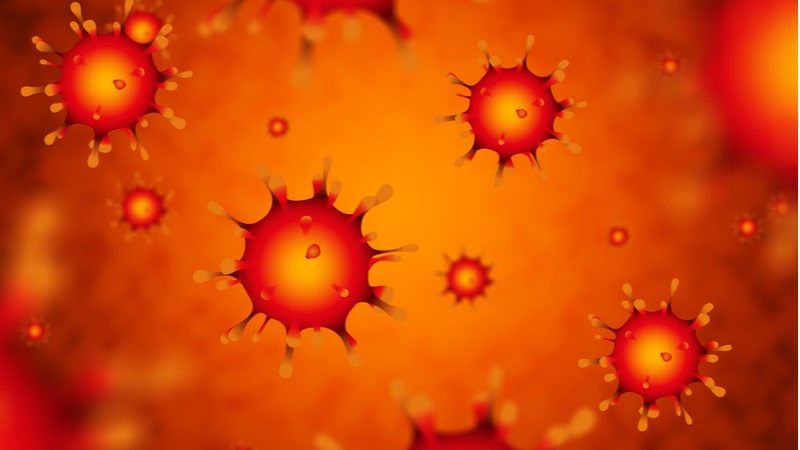
Here’s an overview of some of the latest developments on the government and tech fronts due to COVID-19:
DoD Starts First DPA COVID-19 Project
The Department of Defense (DoD) began its first Defense Production Act (DPA) COVID-19 coronavirus project April 11, a $133 million investment to manufacture N95 masks. The department said the investment will produce upwards of 39 million masks in the next 90 days. “The increased production will ensure the U.S. Government gets dedicated long-term industrial capacity to meet the needs of the nation,” Lt. Col. Mike Andrews, DoD spokesman, said. N95 masks are an important tool for healthcare professionals to protect themselves when working near coronavirus patients. As the virus spread, the masks quickly dwindled to low supply.
Bill to Stop COVID-19 Price Gauging Introduced
Both the House and the Senate have now introduced legislation to ban price gauging of consumer goods throughout the COVID-19 pandemic, as well as future emergencies. The legislation, introduced in the House by Reps. Joe Neguse, D-Colo., and Ted Lieu, D-Calif., and Sens. Elizabeth Warren, D-Mass., and Kamala Harris, D-Calif., is dubbed the Price Gouging Prevention Act. The bill would direct the Federal Trade Commission to enforce a ban on any excessive or opportunistic price increases, which is defined as any price increase above 10 percent. The legislation also gives states the ability to enforce Federal law or enact their own legislation to halt price gouging.
“It is unacceptable that Americans across the country have been forced to pay higher prices for basic essentials and supplies in the wake of the COVID-19 pandemic,” said Neguse. “Absent a coordinated Federal response, I fear many preventative products will continue to be out of reach for American consumers, thereby placing their health and their family’s health at risk. This legislation will not only protect American consumers throughout the duration of the coronavirus public health emergency, but future national emergencies as well.”
HHS Disperses $30B to Providers for COVID-19 Relief
On April 10, the first CARES Act healthcare provider relief funds were direct deposited to American healthcare providers. The act provides a total of $100 billion in relief, and the first wave of payments consists of $30 billion in payments, not loans, to eligible providers. Eligible institutions include all facilities that received Medicare fee-for-service reimbursements, practices that are a part of larger medical groups, and providers that agree not to seek an out-of-pocket copay greater than what the COVID-19 patient would pay with an in-network provider. “This quick dispersal of funds will provide relief to both providers in areas heavily impacted by the COVID-19 pandemic and those providers who are struggling to keep their doors open due to healthy patients delaying care and canceled elective services,” the Department of Health and Human Services says on its website.
UN Under-Secretary General Calls for “Digital Ceasefire” During Pandemic
The Under-Secretary-General of the United Nations called for a “digital ceasefire” during the COVID-19 pandemic, taking the March peace plea of the UN Secretary General António Guterres into the digital domain.
“Attacks in the digital domain are in many ways tantamount to physical ones,” wrote U.N. Under-Secretary General Fabrizio Hochschild in a piece on Vox .
Hochschild noted the March cyberattacks on health facilities, including the World Health Organization, in his call for “an immediate digital ceasefire.” He said governments, civil society groups, and the private sector should “set the tone” and commit to a digital ceasefire.
Hochschild said to save lives, Guterres’ plea for peace should extend to the digital domain.
